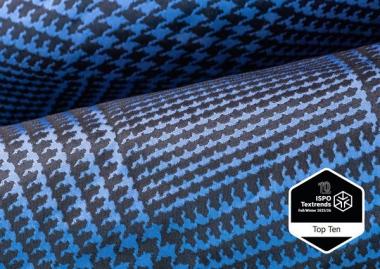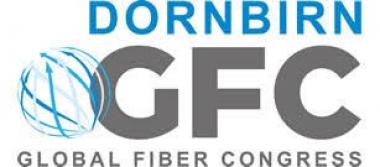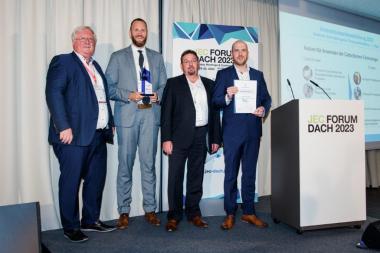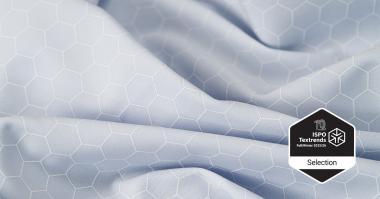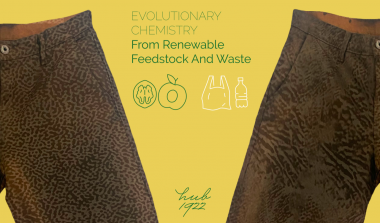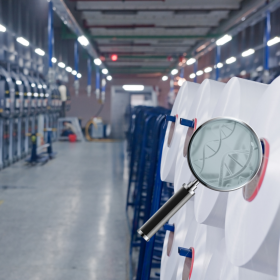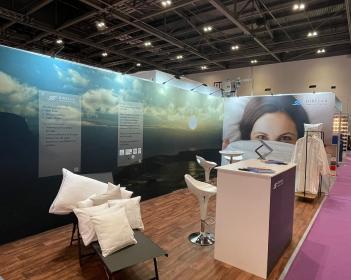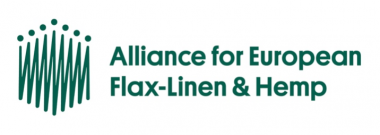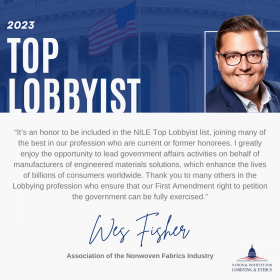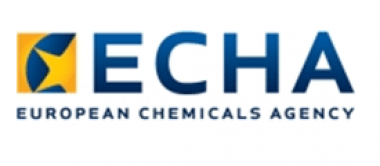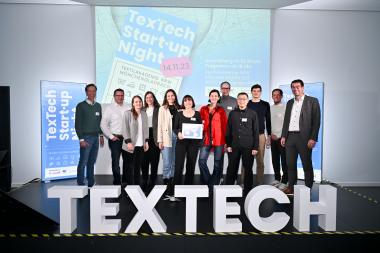ISPO Textrends award to Biofeel Eleven
RadiciGroup's 100% natural nylon awarded in the Fibers and Insulation category: Biofeel eleven, the 100% nylon yarn from natural sources launched a few months ago by RadiciGroup, won the ISPO Textrends award for the Fall/Winter 2025/26 collections. The award - curated by a jury of experts - rewards innovative trends in the textile and apparel sectors and is part of the ISPO fair in Munich dedicated in particular to the fabrics and sportswear sector - scheduled from 28 to 30 November 2023.
After its market launch last March, Biofeel Eleven is already in the "Top Ten" of new products in the yarn sector thanks to its technical and environmental performance. This special yarn of natural origin comes from a small inedible bean grown in India in semi-arid soils that are not competitive with food production. These beans yield a special oil ideal for obtaining biopolymers that are then into yarn at RadiciGroup in Italy.
The yarn has special characteristics, such as low water absorption, increased lightness and improved strength properties. This means being able to produce fabrics that are both durable and comfortable to the touch and skin, fundamental requirements also in sportswear.
RadiciGroup


